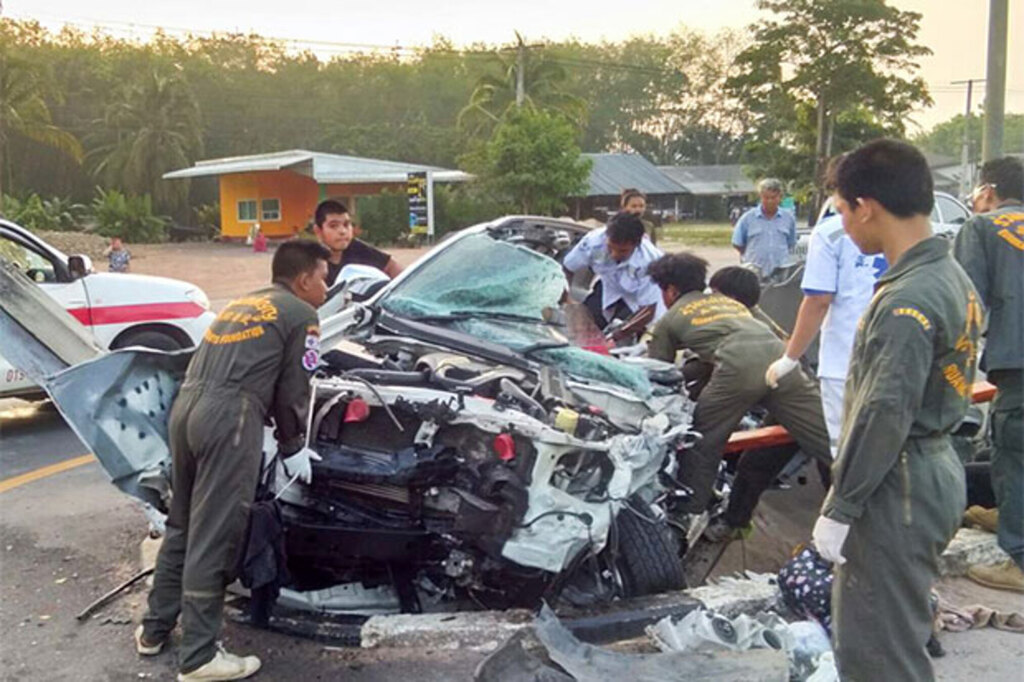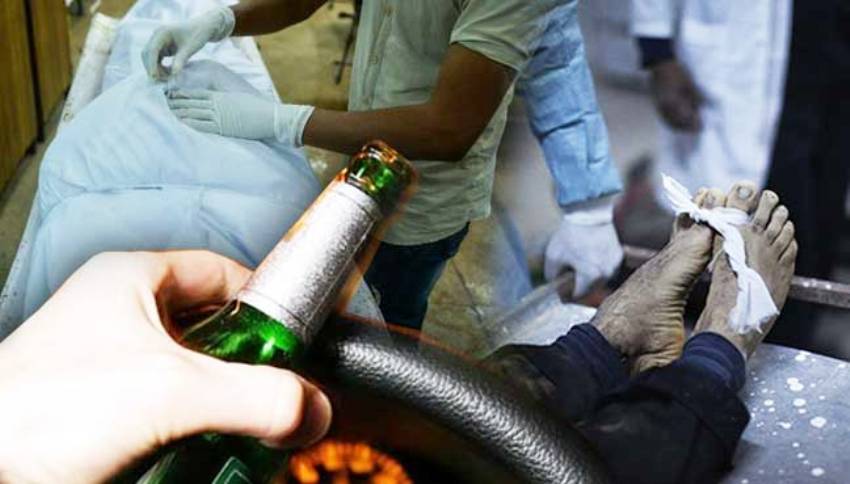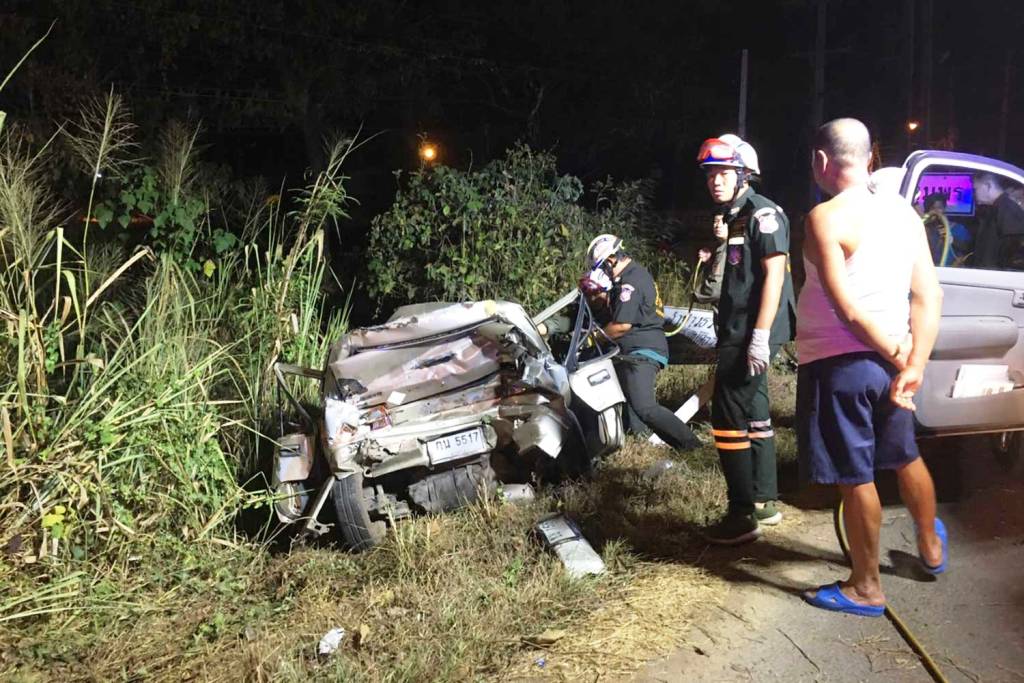Thailand’s 7 dangerous days of the Christmas holiday traditionally begin on December 28, but this year, it began three days earlier. Police reported 56 road deaths on Christmas Day and 53 on Boxing Day.
The People’s Safety Foundation has urged the government to enhance safety measures to reduce traffic accidents during the New Year’s vacation. The foundation’s head, Nikorn Chamnong, predicted that the number of visitors during the New Year festivities will skyrocket.
He said people have been travelling to their home regions early since Christmas Day, when the government granted a four-day New Year’s break from today to January 1.
January 2 was originally scheduled as an extra holiday to compensate for the fact that December 31 falls on a Sunday. However, the administration moved the extra day off from January 2 to December 29.
In light of this, Mr Nikorn predicts that many New Year’s Eve revellers would have to return to work on January 2 without proper rest. He said they may become weary while driving long distances, putting them in danger of an accident.
According to the Thailand Road Accidents Data Centre for Road Safety Culture, 14,737 people died on the road in 2022, with 924,799 injured,” Mr Nikorn said.
He was particularly concerned about a new law that enables nightlife clubs to stay open until 4 a.m. The legislation applies to select night entertainment establishments in Bangkok, Phuket, Chon Buri, Chiang Rai, Chiang Mai, Koh Samui in Surat Thani, and bars registered in hotels nationwide.
However, he stated that some venues outside these zones will likely refuse to comply with the typical earlier closing time and will remain open until 4 a.m. “The government appears to be loosening [restrictions] this year.” It is necessary to tighten controls. We may get more money from tourism, but the costs are not worth it.
“More security checkpoints should be set up and rest areas arranged along the roads for exhausted drivers and travellers,” he told reporters.
According to the Public Health Ministry, drunk driving was the second leading cause of road accidents during the “seven dangerous days” between December 29, 2022 and January 4, 2023, accounting for 25.49% of all accidents.
Prime Minister Srettha Thavisin expressed alarm yesterday about potential road accidents during this year’s seven-dangerous-day period and urged motorists to avoid drunk driving.
He was reviewing the Department of Highways’ Traffic and Accident Control Centre, where he was briefed on traffic control measures for the New Year’s festival.
“The department has put in place safety measures, and people should avoid drunk driving during their journey so they can spend their time with their families during the long holiday and return home safely,” the prime minister said.
On Wednesday, Deputy Prime Minister and Interior Minister Anutin Charnvirakul presided over the opening of the Department of Disaster Prevention and Mitigation’s road safety operation centre, which coincided with the launching of a road safety campaign to reduce traffic accidents during the New Year break.
According to Mr Anutin, this will be the first time since the pandemic that individuals can travel freely for the New Year. According to the World Health Organization, traffic-related events in Thailand would account for roughly 33% of total deaths in 2021.
Reckless driving, a lack of education, enforcement, and road infrastructure issues have all been cited as key barriers to change, and current efforts to make roads safer appear to have had little effect.
Meanwhile, alcohol is responsible for 26% of road deaths in Thailand, according to the World Health Organization (WHO).
Driving under the influence of alcohol (DUI) has reached epidemic proportions in Thailand. While there are laws to address this issue, a lack of enforcement means that perpetrators go free or face relatively minor penalties.
Many DUI prosecutions in Thailand result in suspended sentences. This means there are no consequences unless the culprits are found doing the same thing again.
According to Prommin Kantiya, director of the Accident Prevention Network Thailand, the cause for the high number of alcohol-related crashes is a lack of law enforcement.
Regardless of the gravity of the act, Thai police officers frequently accept guilty pleas for “injury caused by negligence or recklessness” rather than impaired driving due to alcohol. This dramatically lessens the punishment for DUI offenders.
Driving under the influence of alcohol is punishable by a fine of up to 200,000 baht and imprisonment for up to ten years in Thailand. Their licenses are subject to suspension or revocation. However, police and courts frequently offer leniency, undermining the effectiveness of Thai DUI legislation.








